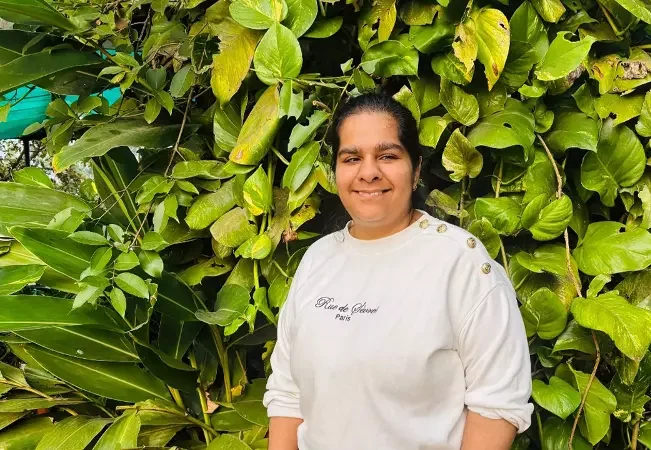In a quiet yet powerful moment inside the courtroom of India’s highest judicial body, Aanchal Bhateja, a young advocate from Delhi, made history. On June 6, 2025, she became the first blind woman advocate to argue a case before the Supreme Court of India—a milestone not only for her own career but for the broader fight for inclusion and accessibility in the legal profession.
Bhateja’s debut marked a rare intersection of legal excellence and lived experience. The matter she argued, though routine in the court’s docket, was transformed by the presence of a voice rarely heard in that forum—a voice that carried with it the weight of a struggle that began at birth.
A Childhood Without Sight, A Future With Vision
Born prematurely, Aanchal developed Retinopathy of Prematurity (ROP), a condition that gradually led to complete vision loss. In a country where access to disability support remains inconsistent, her path to legal advocacy was anything but straightforward.
From early education to law school, Aanchal had to overcome systemic barriers—from inaccessible reading material to the absence of formal accommodations for blind students. She relied on assistive technologies like screen readers, audio books, and Braille to study case law and legislation.
Yet, it was not technological support alone that got her to the Supreme Court. It was determination, and years of mastering a craft she could never literally see, but deeply understood.
“I’ve always believed that justice is not about what you see,” she said in a recent interview. “It’s about how you listen, interpret, and advocate.”
A Seat at the Bar, and at the Table
Bhateja’s appearance at the Supreme Court underscores an uncomfortable truth about India’s legal institutions: despite constitutional guarantees of equality, disabled representation remains minimal, particularly in positions of influence or visibility.
While India has more than 1.3 million advocates, very few are persons with disabilities. Fewer still reach the country’s highest courtrooms. Aanchal’s presence serves not only as a precedent but also as a challenge to the legal fraternity to do more in supporting accessibility—through infrastructure, mentorship, and active policy reforms.
Her colleagues describe her as a meticulous researcher, a clear and persuasive speaker, and a resilient professional who often outworks her peers despite greater logistical burdens.
Beyond Symbolism
Legal experts have hailed Bhateja’s milestone as “historic,” but she remains grounded in pragmatism. “This is not just about me,” she says. “This is about proving that disability is not inability. And that the law must be practiced by everyone it claims to protect.”
Bhateja continues to advocate for better accessibility tools within courts and law schools—from digitized judgments in accessible formats to tactile signage and inclusive exam practices. She also mentors blind law students and disability rights litigants.


